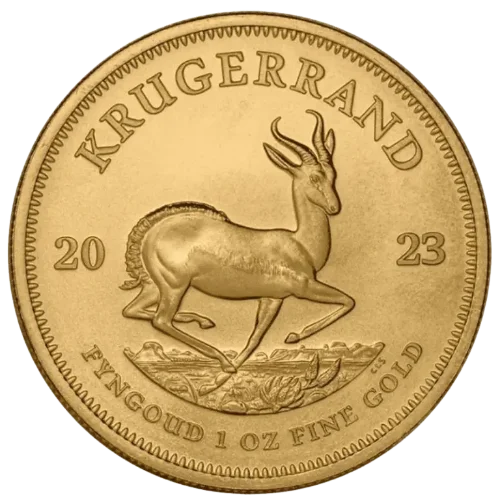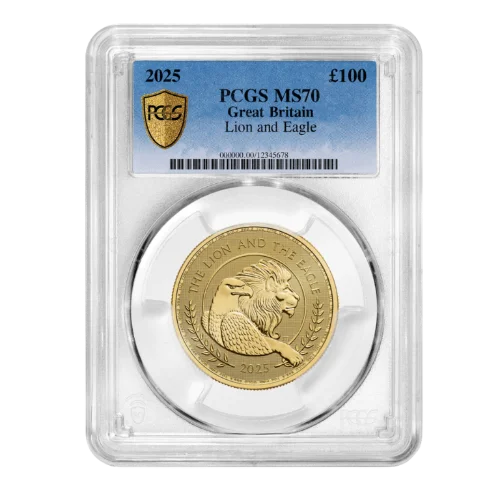What Defines a Safe Haven Asset?
A safe haven asset is one that retains or increases in value during market downturns. Historically, gold has fulfilled this role due to its intrinsic value, scarcity, and universal appeal. It has often been a counterbalance to equities, government bonds, and fiat currencies, especially during times of geopolitical unrest, inflation, or financial instability. In 2025, gold’s status as a safe haven is again under scrutiny—but in more nuanced ways than before.Why Gold Has Surged in 2025
Gold’s recent price surge is backed by both macroeconomic fundamentals and investor sentiment:- Central Bank Buying: Central banks around the world have continued to accumulate gold reserves at historic levels, indicating confidence in gold’s long-term role as a reserve asset.
- Weakened Currencies: The US dollar and other major fiat currencies have experienced relative instability, prompting a flight to tangible assets.
- Geopolitical Risk: Ongoing conflicts and rising protectionism, including trade tensions and military escalations, have led to safe-haven flows.
- Inflation Hedge: As inflation remains persistently high in many economies, including the UK, gold has been seen as a store of value that resists currency erosion.
The Nuanced Reality: Gold's Volatility and Correlation
While gold remains a reliable store of value, it is not immune to short-term volatility. In June 2025, gold experienced a short-lived dip following hawkish signals from the US Federal Reserve, illustrating how policy moves can create turbulence. Moreover, gold doesn’t always move inversely to stocks. In some periods, especially during high-liquidity cycles, gold and equities may rise together, complicating its safe haven status.Performance vs. Perception
Recent data from Investopedia shows that gold delivered a 23% compound annual growth rate (CAGR) over the past three years, outperforming even the S&P 500’s 15% CAGR over the same period. However, these returns can vary widely depending on the holding period. Perception also plays a critical role. When retail and institutional investors collectively believe in gold’s role as a haven, it often becomes a self-fulfilling prophecy. This herd behaviour has underpinned much of 2025’s surge.UK-Specific Considerations
For UK investors, gold offers unique benefits:- Hedge Against GBP Fluctuations: With the pound under pressure from Brexit legacy effects and global monetary shifts, gold offers currency diversification.
- CGT-Exempt Options: British Gold Britannia coins are exempt from Capital Gains Tax, making them an efficient vehicle for long-term investment.
- Easy Liquidity: Physical gold can be quickly sold through dealers like Solomon Global or stored securely for peace of mind.











